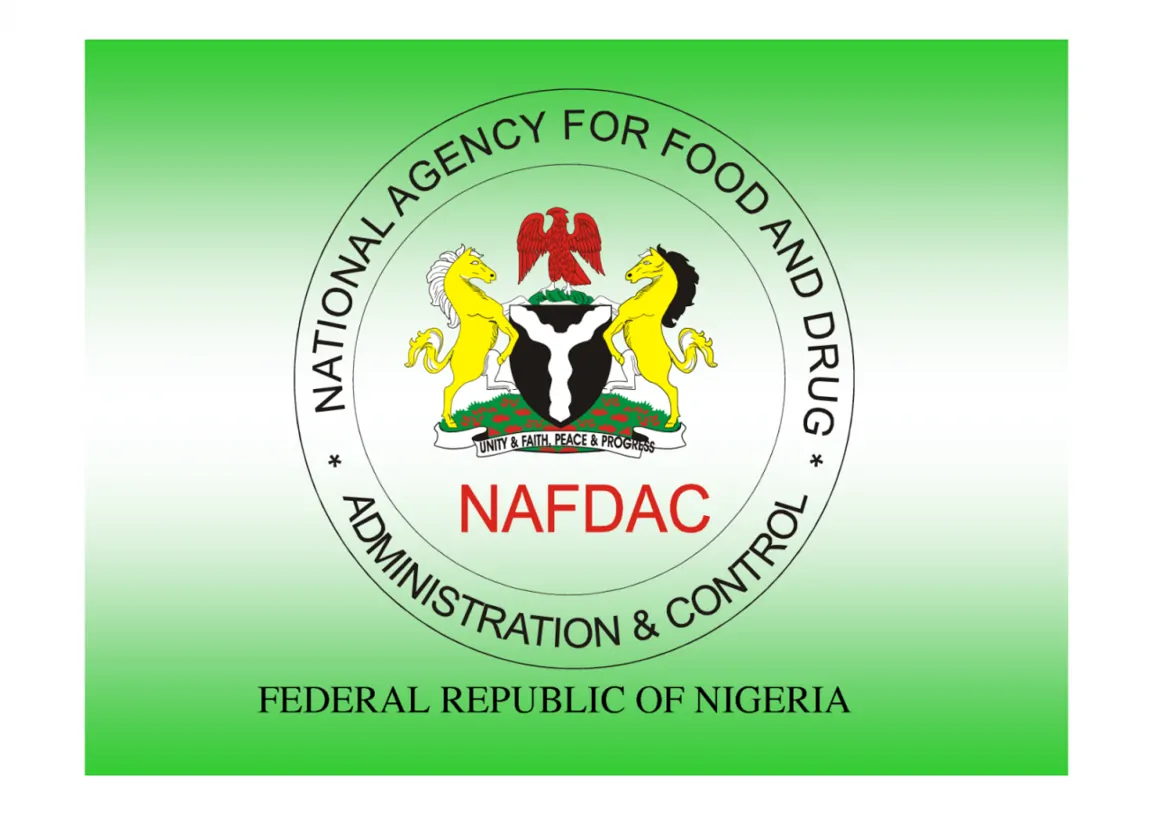In the heart of Nigeria’s vibrant communities, traditional medicine remains a lifeline. For millions, the village herbalist is not just a healer but the only accessible one. And yet, despite its ubiquity and potential, traditional medicine in Nigeria remains largely relegated the fringes of the healthcare system.
Why? Because the one policy that could breathe life into it
“Traditional Medicine Policy” of 2007 is quite frankly _a policy without a pulse.
It exists on paper, yes. But in practice, it drifts in the ether of neglect, underfunding, and governmental lip service. The intent was noble: to recognize, integrate, and regulate traditional and complementary medicine (T&CM) in a way that harmonizes with Nigeria’s conventional medical framework. But over 15 years later, the landscape remains one of fragmented institutions, unrecognized practitioners, and a glaring vacuum of legislation that could bind it all into something functional.
The 2007 policy envisioned institutionalizing traditional medicine education, promoting evidence-based practices, and protecting indigenous knowledge. It proposed the development of curricula, collaborations between practitioners and scientists, and most importantly, the integration of traditional health workers into mainstream healthcare delivery.
But here’s the reality in 2025:
No functional regulatory council for traditional medicine practitioners, despite repeated attempts to pass the Council for Traditional, Alternative, and Complementary Medicine Practice Bill.
No constitutionally defined or legally licensed role for herbalists or traditional health workers within Nigeria’s medical profession.
Institutions like NICONMTECH, Ibadan College of Natural Medicine, and African College of Traditional Medicine train thousands annually but no professional pathway exists to license or employ them formally.
Only National Diplomas or certificates exist; there’s no accredited B.Sc program, no postgraduate clinical practice recognition, and no universal standard for certification.
The result? A generation of “trained” traditional medicine practitioners with no seat at the healthcare table.
Counting some blessings, Nigeria’s Ministry of Health did establish the Department of Traditional, Complementary & Alternative Medicine in 2018, but its impact has been symbolic at best. NAFDAC mandated herbal product registration and labeling but that doesn’t translate into practitioner recognition or integration. The Natural Medicine Development Agency (NNMDA) was signed into law in 2019 to spearhead research and development, but there is no central governing council which means that coordination remains chaotic. State governments have made some strides e.g., Governor Soludo’s Anambra State Herbal Practice Law, but an isolated effort with no national backing. In the end, it’s like having a beautifully designed ship without a captain or compass.
One might ask, why does this matter now more than ever?
It is no more a breaking news that Nigeria is bleeding professionals.
The “Japa” wave has not spared doctors, nurses, or dentists. With over 65% of qualified health workers seeking opportunities abroad, Nigeria’s healthcare system is being hollowed out from within.
To compound this, the country now faces blocked financing from global donors like the U.S., partly due to concerns over poor transparency, suboptimal health data management, and systemic inefficiencies. With this dwindling foreign aid and a crumbling workforce, we should be exploring every viable alternative, and traditional medicine stands right at the crossroads.
But rather than mobilize this ready workforce, we shackle them with policy paralysis, leaving our vast herbal and traditional knowledge base to languish in semi-formal practice, unprotected, unregulated, and unsupported.
Also Read
- Customs intercept stolen cars, N3.2bn illicit goods
- How Nigeria’s traditional medicine policy falters in the face of a healthcare crisis, by Oladoja M.O
- #JP2025: Juma Jux confirms date for final wedding reception with Priscilla Ojo
- SDP names Senator Uba Deputy National Chairman
- NiDCOM advocates holistic approach in combating human trafficking in Nigeria
Time after time, the National Association of Nigerian Traditional Medicine Practitioners (NANTMP) has repeatedly called on the National Assembly to pass the Traditional, Complementary and Alternative Council of Nigeria (TCACN) Bill. Their plea is simple: recognize us, regulate us, give us a voice in the national health discourse. In fact, they are not asking for a free ride but that the years of training at herbal schools, skills acquisition centers, and research institutes across Nigeria be met with a legitimate path to service.
After all, how do you tell a graduate from Nigeria College of Natural Medicine Technology that their diploma is valid, but they are legally invisible? How do you justify decades of policy silence when the country desperately needs all hands-on deck?
A living policy is one that evolves with need, responds to gaps, and energizes sectors. The 2007 policy is comatose hanging on by technical documents and departmental charades. What it needs now is:
An active national council to regulate, license, and accredit T&CM practitioners.
Curriculum reform and NUC-approved B.Sc degrees to professionalize training.
Legal recognition of traditional practitioners under Nigeria’s health law.
Clear collaborative frameworks between conventional and traditional health professionals.
Nigeria cannot afford to sideline its heritage medicine when its hospitals are overcrowded, its workforce is thinning, and its people are desperate for healing — wherever it may come from.
We do not need another policy document. What we need is a pulse.
Oladoja M.O writes from Abuja and can be reached at:
mayokunmark@gmail.com


